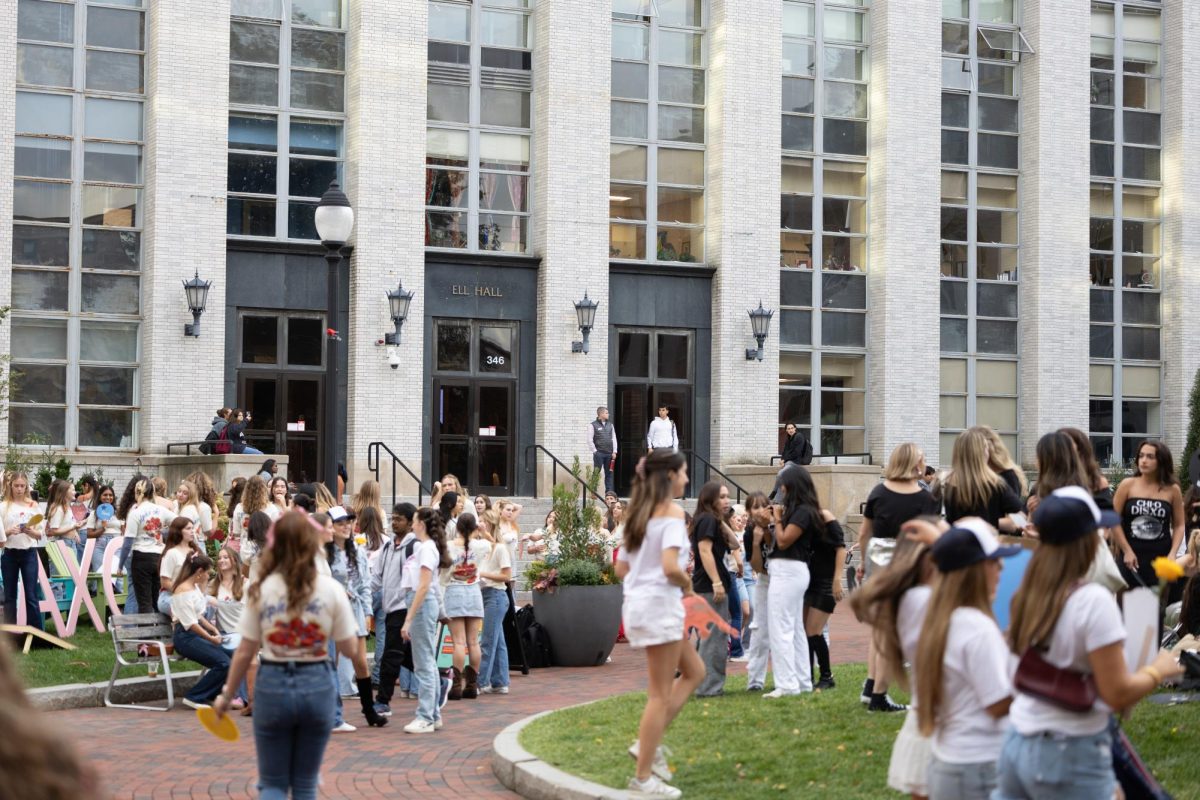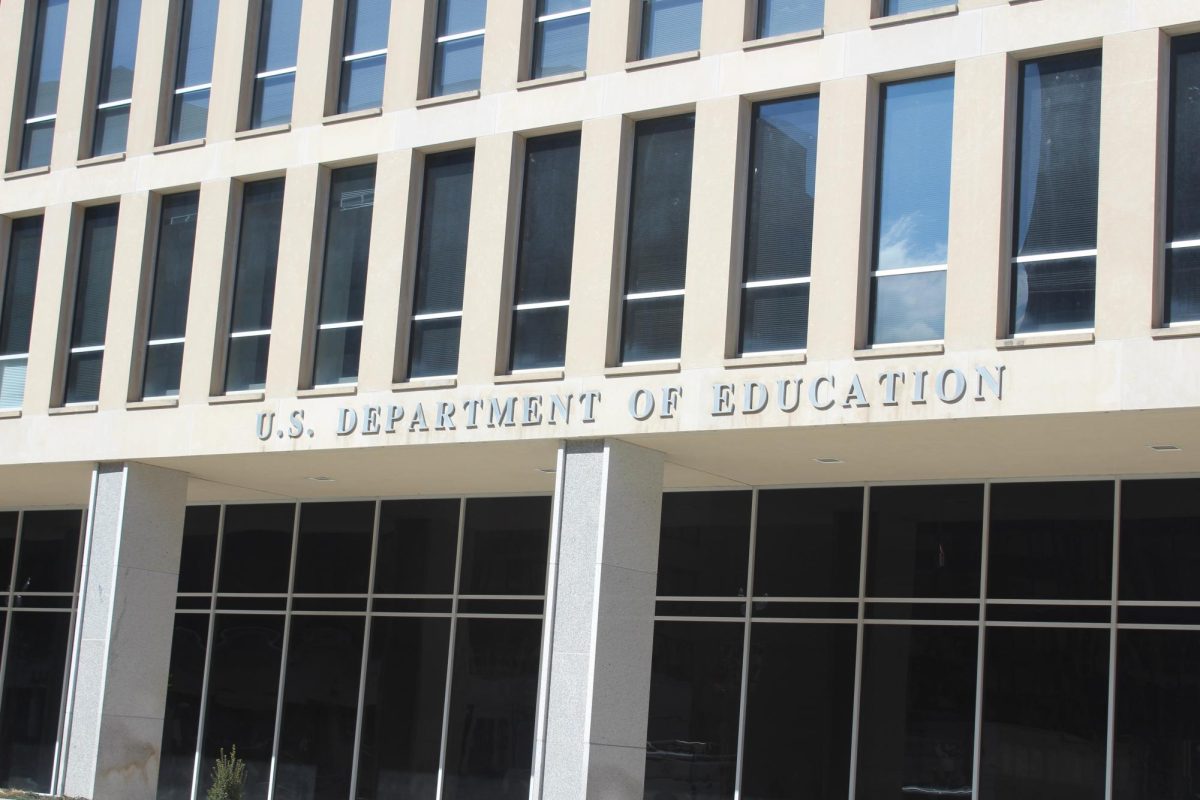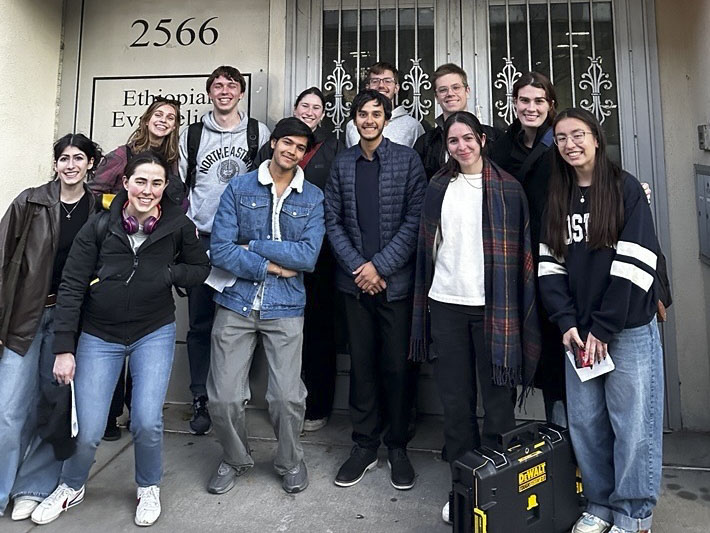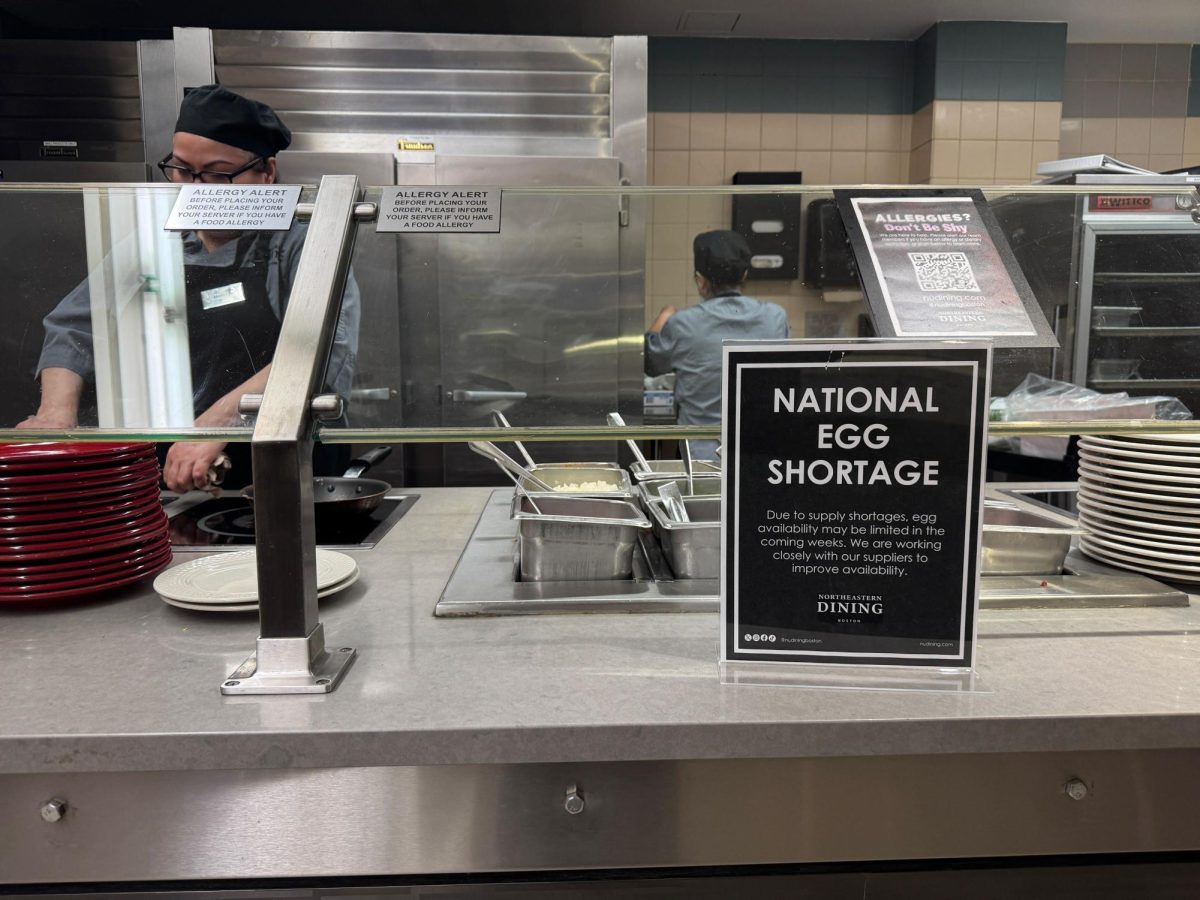As each semester winds down, students are given the chance to bubble in scantrons and scribble comments on the performance of their professors. These surveys, administered by the Student Government Association (SGA), are designed to give students an anonymous way to give teachers feedback.
Despite efforts by SGA to increase the number of students who actually see the results, however, the current lack of student awareness makes the surveys less useful.
Bill Durkin, president of SGA, said his organization realized last year the results of the surveys were not available to students, and wanted to make the outcome of the surveys more accessible. The results from the spring semester are now posted online on the myNEU Web site, allowing students to see how professors have been rated in the past.
Durkin said the results of this semester’s surveys will be available online within a few months. The surveys are processed at the Center for Effective Teaching, and the results are made available to department heads and SGA, then posted online.
“I don’t think [the surveys are] very effective, because students don’t know [the results are] available … I think students, if they want to find out information about a professor, they’ll talk to their peers or go to sites like ratemyprofessor.com,” Durkin said.
Many students are unaware that the results are available online, since it hasn’t been widely advertised in the short time the system has been in place, Durkin said.
Nina Cremonese, a sophomore English major, was surprised to learn the results of the surveys from last term are posted on the myNEU Web site.
“I didn’t know that,” she said. “I don’t think anyone does.”
Durkin said he is aware of the lack of advertising, and SGA hopes to remedy that next semester.
“We’re still trying to get some of the glitches out of the system. We’re hoping to advertise it through the Registrar’s Office next semester, but before we advertise it, we want to refine it,” Durkin said.
Jessica Cassady, a freshman psychology and English major, said she looked at the online results and found they did not represent her views.
“I looked at some classes I’ve taken and didn’t agree with it. So I don’t know how much I’ll rely on it in the future when they’re saying the teachers I liked were bad and the ones I didn’t like were good,” she said.
Durkin agreed many of the questions need to be more specific in order to increase the value of student comments.
“I feel some of the questions are a little redundant. Use of technology needs to be incorporated into the survey, how well a teacher uses things like Blackboard,” he said.
Students offer other suggestions for revising the content of the surveys.
“Sometimes they should have different surveys for different types of courses,” said Toan Nguyen, a senior biology major. “For example, don’t give me the same evaluation for a lecture and a lab. The same questions don’t apply.”
Some teachers agree the surveys are too general.
“I think one of the problems is that they’re trying to make it applicable to the entire university,” said Elizabeth Dixon, a part-time instructor in the English Department. She added that the department evaluations complement the SGA ones.
“I think as long as you have one that’s department- specific and one that’s university-wide, it works. If the general one was the only one I got, I would definitely want some more specifics,” Dixon said.
Although there have been discussions among SGA to revise the surveys, Durkin said it is currently a low priority, and also a delicate issue with faculty.
“We’ve looked into revising the forms, but it’s something that faculty are sensitive of, and it needs to go through the Faculty Senate before we can change them,” he said. “Right now it’s not a huge priority to students, relative to some of the other things we’re working on, like extended library hours. There are only so many issues we can deal with in a year, and working on these forms is so time-consuming.”
Although some students tend to agree the surveys are a good idea in theory, they also feel the format could be improved upon.
“I don’t really like them. I find myself marking in the middle for all my teachers. I think it would be better if we wrote one thing we really liked and didn’t like,” said Becky Stiles, a freshman psychology major. “I think it should be more specific.”
Durkin said he also feels a teacher’s attendance should be better included in the survey.
“I think it needs to look into instructor absences. I think an instructor can easily cancel class on a whim and no one knows about it. Students are paying about $80 a class, and every time a teacher cancels a class, that’s money out the window. I think overall, students are getting screwed by teachers who cancel class regularly and there’s no way to report it,” he said.
Although students may not always be looking at the results, some teachers have taken them to heart. Shirley Crosman, a lecturer in the Visual Arts Department in the College of Arts and Sciences, said she has used feedback from teacher evaluations to restructure one of her classes.
“At one point I got feedback that the lectures were ‘extraordinarily boring,’ so I added museum visits once a week so that there would be more hands-on activities,” she said.
It would be helpful for teachers, she said, to administer their own evaluations to students during the term, so feedback could be applied to the current semester. Although she conceded that anonymity could become an issue if evaluations are turned in before grades are assigned, she said she thinks there are ways to work around it. She added these mid-term evaluations should be specific to individual teachers to help them improve the course before it’s over.
Although many students said they answer the questions honestly, some admit to being more kind than truthful.
“I kind of feel bad if I don’t like a teacher. I stick to neutral answers if there’s something I feel negative about,” said Sasha Thomas, a freshman psychology major.
Although Thomas said she was not aware the results were posted on the Internet, she thinks she might check it out now that she knows.
“I’d like to know what other people thought about teachers,” she said.
When reminded not all students, including herself, answer the questions truthfully, Thomas said, “That’s true. Maybe I’ll be more honest next time.”










